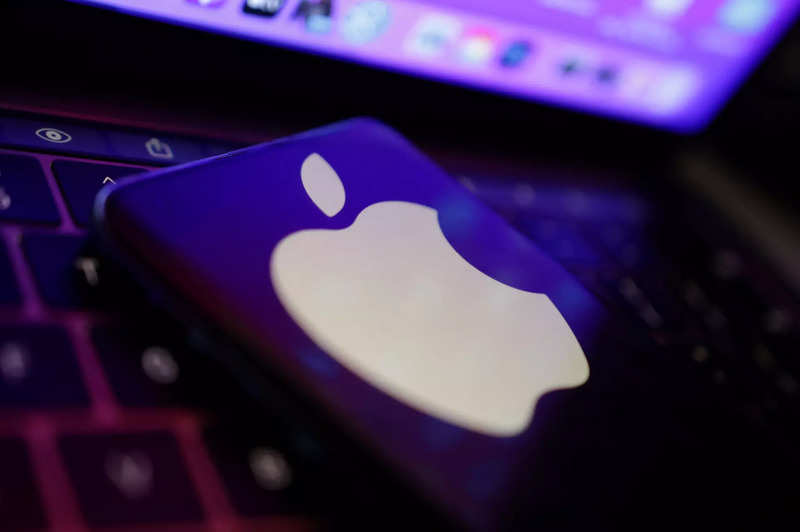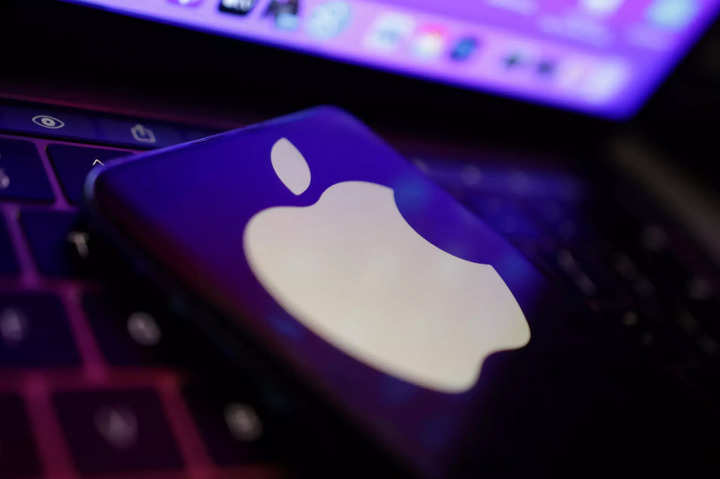

A day after news reports said that Apple is arguing with the European Union (EU) over iMessage’s classification as a “gatekeeper”, the iPhone maker has said that it has concerns about privacy and security risks in the new EU Digital Markets Act (DMA).
The development comes as the European Commission designated six ‘gatekeepers’ under the Digital Markets Act (DMA). These companies include Google’s parent Alphabet, Amazon, Apple, ByteDance, Meta and Microsoft.
“Our focus will be on how we mitigate these impacts and continue to deliver the very best products and services to our European customers,” Apple said, per news agency Reuters.
What are ‘gatekeepers’?
The companies that have services, including app stores, online search engines, certain messaging services, operating systems and online marketplaces are qualified as ‘gatekeepers’.
The ‘gatekeepers’ under the DMA will be required to make their messaging apps interoperate with rivals and let users decide which apps to pre-install on their phones, tablets or other devices. These gatekeepers will now have six months to comply with the EU’s DMA rules.
How are gatekeepers decided?
A company that meets two criteria: a market value of at least EUR 75 billion (approx $82 billion) and either own a social platform or app that is used by at least 45 million people every month or have at least 10,000 active business users. Apple recently touched three trillion in market value.
Apple’s iMessage ‘issue’
Apple has reportedly argued that iMessage does not have 45 million users, which means it is not big enough to fall under the EU’s DMA purview. Meanwhile, analysts estimate iMessage has a billion users across the globe, but Apple has not disclosed figures in years.
What Commission has to say on iMessage ‘issue’
The Commission has also announced that it has opened four market investigations to assess Microsoft’s and Apple’s submissions claiming that some of their core platform services do not qualify as gateways:
Microsoft: Bing, Edge and Microsoft Advertising
Apple: iMessage
FacebookTwitterLinkedin
end of article